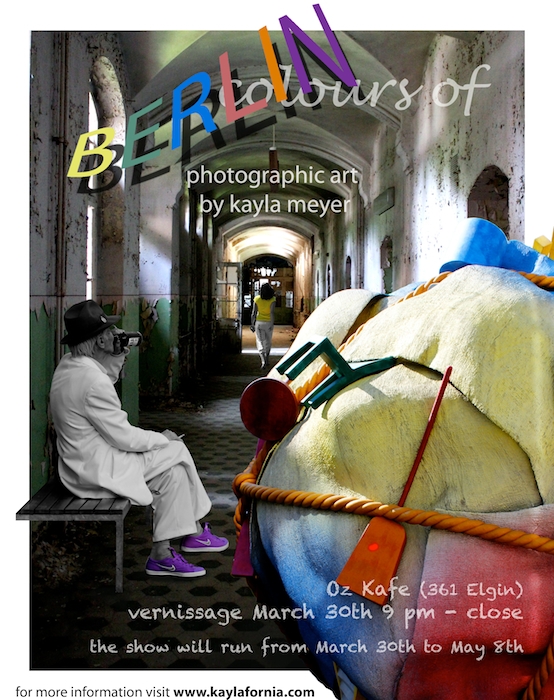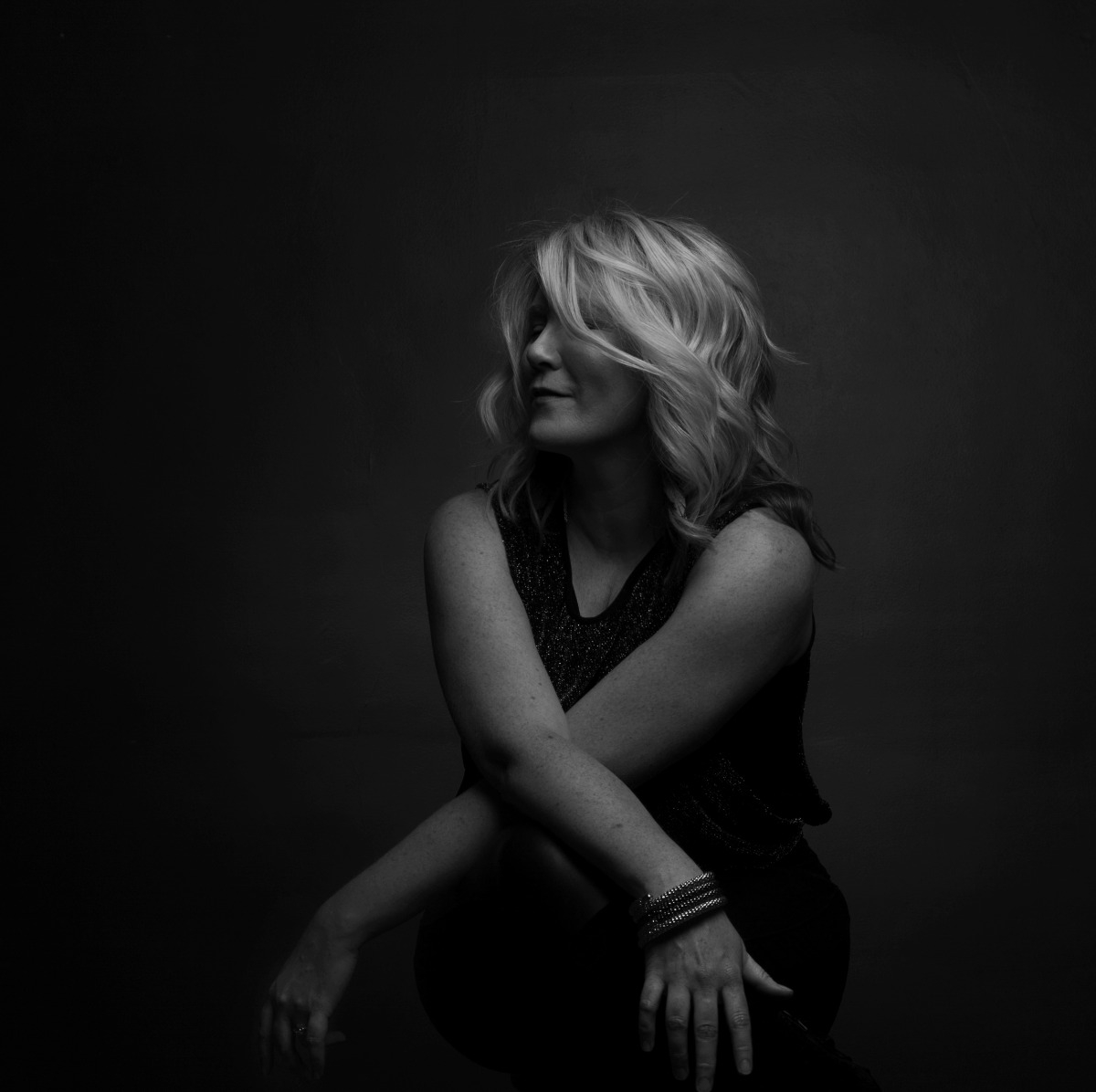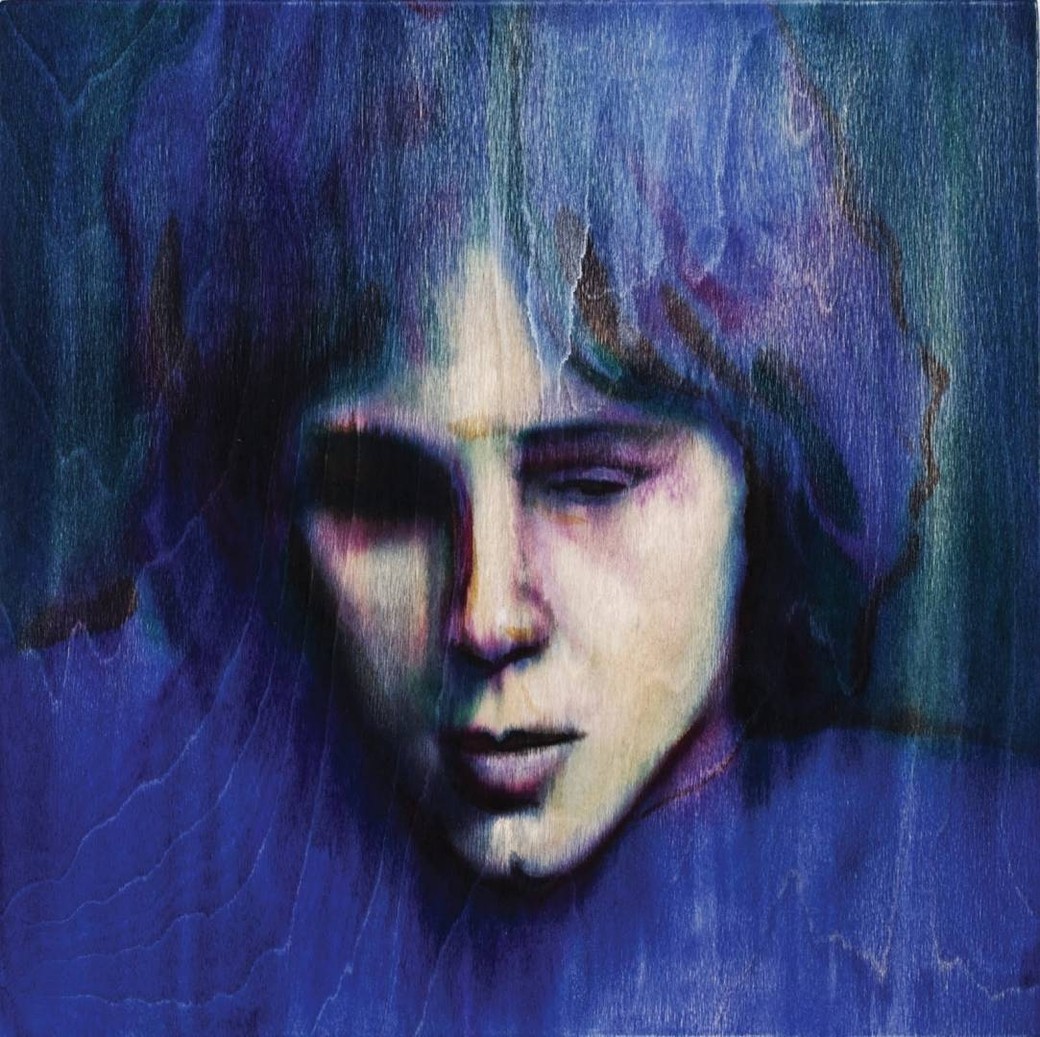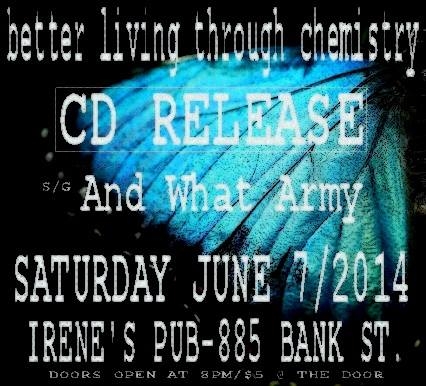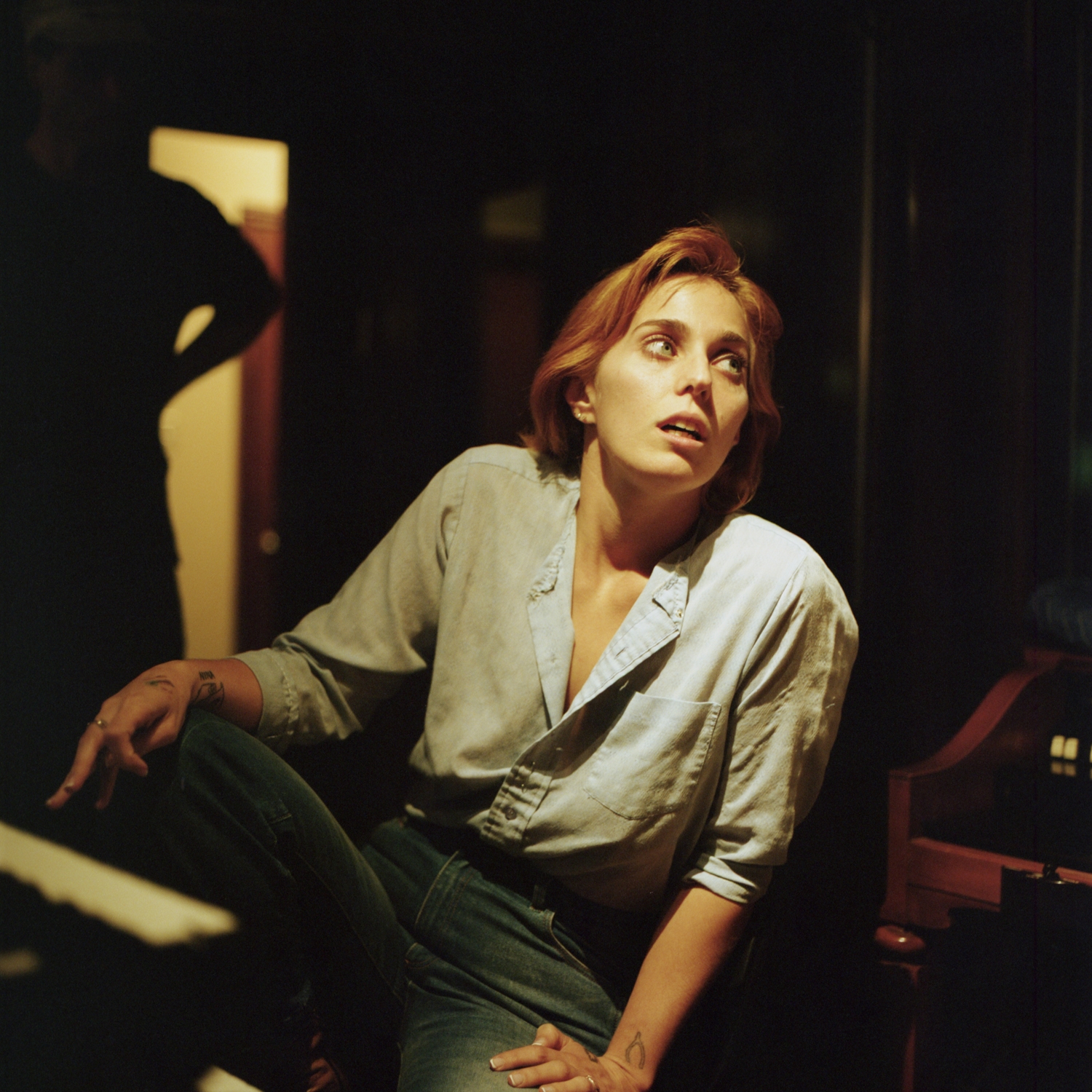
U.S. Girls on Building Together
While Meg Remy's creative lead on U.S. Girls would make it easy to think the project is a simple solo effort, there's too many minds behind it for her to entertain that theory. With her 2018 record In a Poem Unlimited, Remy moved beyond the realm of her usually sample-based production for a lavish and triumphant work. We caught up with Remy on-site at RBC Ottawa Bluesfest to discuss her larger ensemble, exploring covers and why it's best to build with others instead of on your own.
Ottawa Life: I'm always interested to see when bands are releasing singles a year out from their record, so I was curious to hear about how "Time" stood out and why you chose your live video to promote that?
Meg Remy (U.S. Girls): The release window was more about the label just trying to promote shows later in an album cycle. We made the video though, because we had a friend come along to SappyFest and recorded it. The set was just so good and crazy, while the footage was voyeuristic too. So I just edited it together and we had a free video. I try not to spend too much on videos, even the ones that look like they cost a lot. It's about making good things that don't cost money.
I was also interested to hear the story about how you decided to tackle the covers like "Rage of Plastics" and "Time" on this record and how you felt like they would fit so well into your story?
They're both songs that I've loved for many years. "Time" was written by Micah Blue Smaldone, who's a finger-picking guitarist that I've known since I was sixteen years old. I love how that song looks at how young humans are compared to the planet, oceans, rocks and mountains. We think we're very important but we're beyond insignificant. I felt like that related to the whole album and wrapped it up well going last. There's so much going wrong but it's fine in a way if you look at how the planet is kicking us off. "Rage of Plastics" is just this song I wish I'd written. It really embodies the personal-political ideas I believe in and see day-in and day-out. I'm close with the songwriter Simone Schmidt too. I'd always said to them that the song could be a hit and open people's minds if you made it sound like "Black Velvet." You could sneak in a message if you made the song sound sexy, so I gave it that sultry, simmer feel.
You also dove into recording with a full band this time on your record, so how did the Cosmic Range get involved and did they have a large influence on the sound as a whole?
It was originally going to be Michael Rault, I was originally demoing the songs with him and he was set to play everything on the record. My husband Max from the Cosmic Range had recorded some solo songs with the Cosmic Range as his backing band. He suggested using them because it would be so much faster than just using Michael on instrument. Michael ended up on bass, and we employed a whole band who already had a history together. We got the bed tracks out in three days because they already had a working vocabulary. We didn't write with them but people were bringing their own parts, solos and ideas to it anyways. It was a major relief working with them.
Your live shows are this whole other side of the experience now too, so I was interested to hear where all your audio-visual elements came from and focusing on a live band instead of tapes has changed the performance for you?
Well the Cosmic Range was supposed to be my backing band for the live shows, but the band decided they weren't comfortable with the amount of touring we had. So I had to find a new band to play with together, though Max is in both projects. Building the band again worked to my advantage, and it elevated it in a new way. It also brought in more people who could sing with me. I've done so many configurations of the project and this time I wanted a cathartic experience where I could bear myself and go crazy. We're living in a time of decadence but also scarcity as well. Seeing people in power living so lavishly made me want to represent that symbolically in a way through a large band. This meant sacrifices though money-wise and comfort-wise. Cramming into vans, four people to a motel room, sharing beds. It was for a reason though, because we showed how more can be better. There is something to the spectacle, it's not dead yet. The egalitarian feel of it though I think comes from being a women, and trying to offset my ego. I see that if someone shines next to me, that light shines on me as well. We shouldn't be suppressing others.
How did the joint remixing between you and Tune-Yards come about last year and what was your biggest guiding force on changing up "Coast to Coast"?
I really don't know anything about remixes, I don't listen to them and I don't really get the culture of them. It's not a zone I reside in. I did the best I could with that given my limited knowledge of the medium. It was part of a promotional thing for our tour, but I was up for the challenge still.
There's also a huge range of artists from Basia Bulat to Tony Price, Michael Rault that have co-written, recorded and/or performed with you at some point, so how do you manage to get so many people involved in your records without losing your voice in the mix?
It's hard to say really. In a Poem Unlimited grew more collaborative after it was made, and when it was in a live setting. There's this playwright Caryl Churchill, and her thing is just collaboration. She says the best way to combat patriarchy is to collaborate. So I really wanted to embody it, it wasn't even a conscious thing. It was a moment of "Am I going to build a house myself? Or am I going to build a house with a plumber and an electrician etc." all these people that do the things I can't and can translate things I can't say. You get better work and it speaks to more people with more people involved, and more representation on stage.
Do you find this similar to what happens when you're working with your projects like Dolly Dream or even the heavier Darlene Shrugg,?
Darlene Shrugg for sure, it's completely collaborative. I entered that band initially just to write lyrics and vocal melodies, but it built to something much bigger. It's great to be a front-person and singer, but also let someone take what you did and grow it. Dolly Dream though, you'd have to ask F*cked Up about that, it was their concepts and they asked me to write with them.
Looking back to the sonic jump between Half Free and In a Poem Unlimited where did that kind of shift happen whether it was in the writing or the recording?
That just came down to production and bodies in the room. If you have a good song, you can sing it a cappella or with an orchestra or with electronics, it works in any format. I wanted a bigger sound and more control over things. Half Free was sample-based so you're working with what's in the samples. Here I wanted a lush, ridiculous sound. Knowing we were going for a bigger sound didn't affect the writing, but when you produce them it evolves out of that. I just made a new record that comes out in 2020, and it's the opposite where we recorded it live off the floor and that dictated how it sounded.

